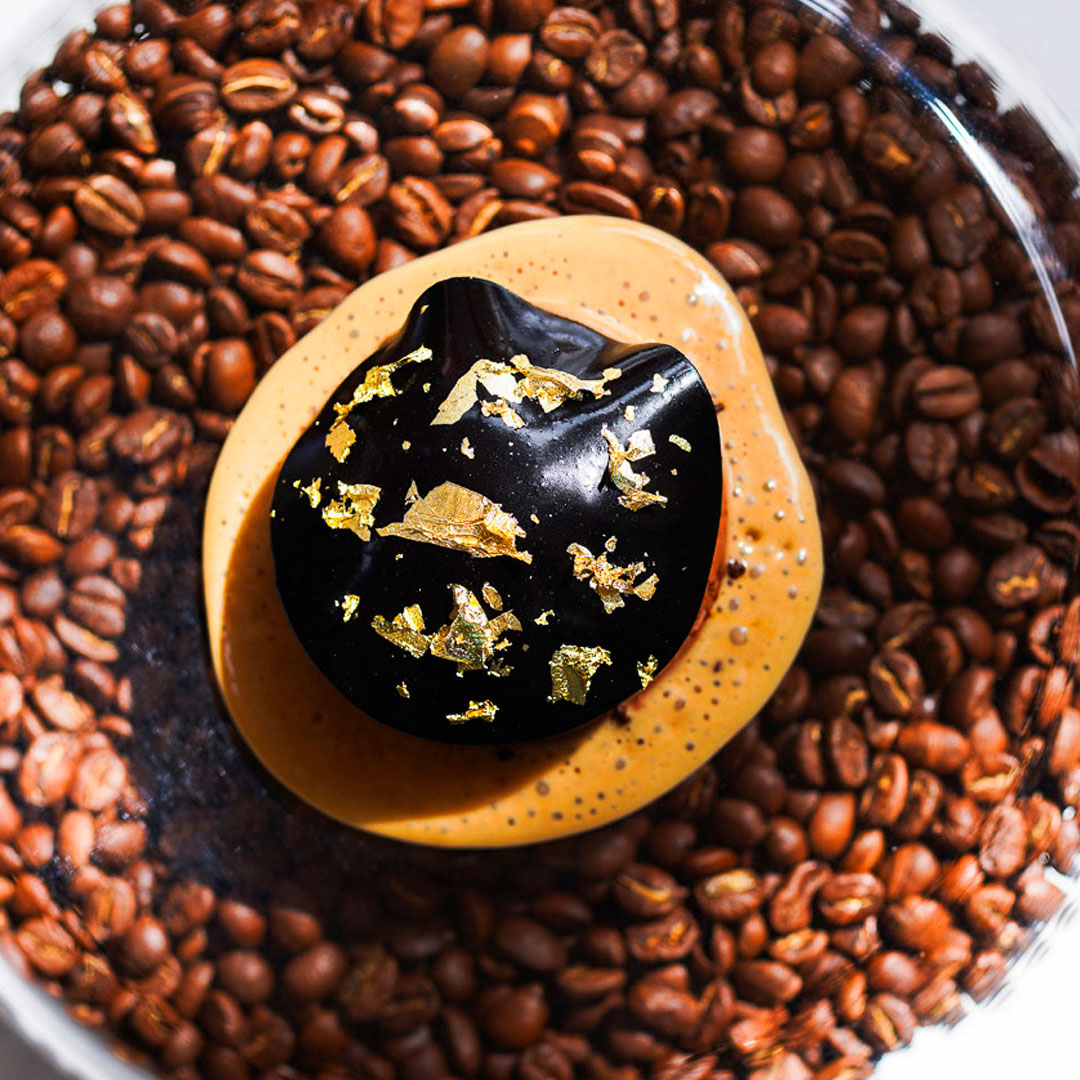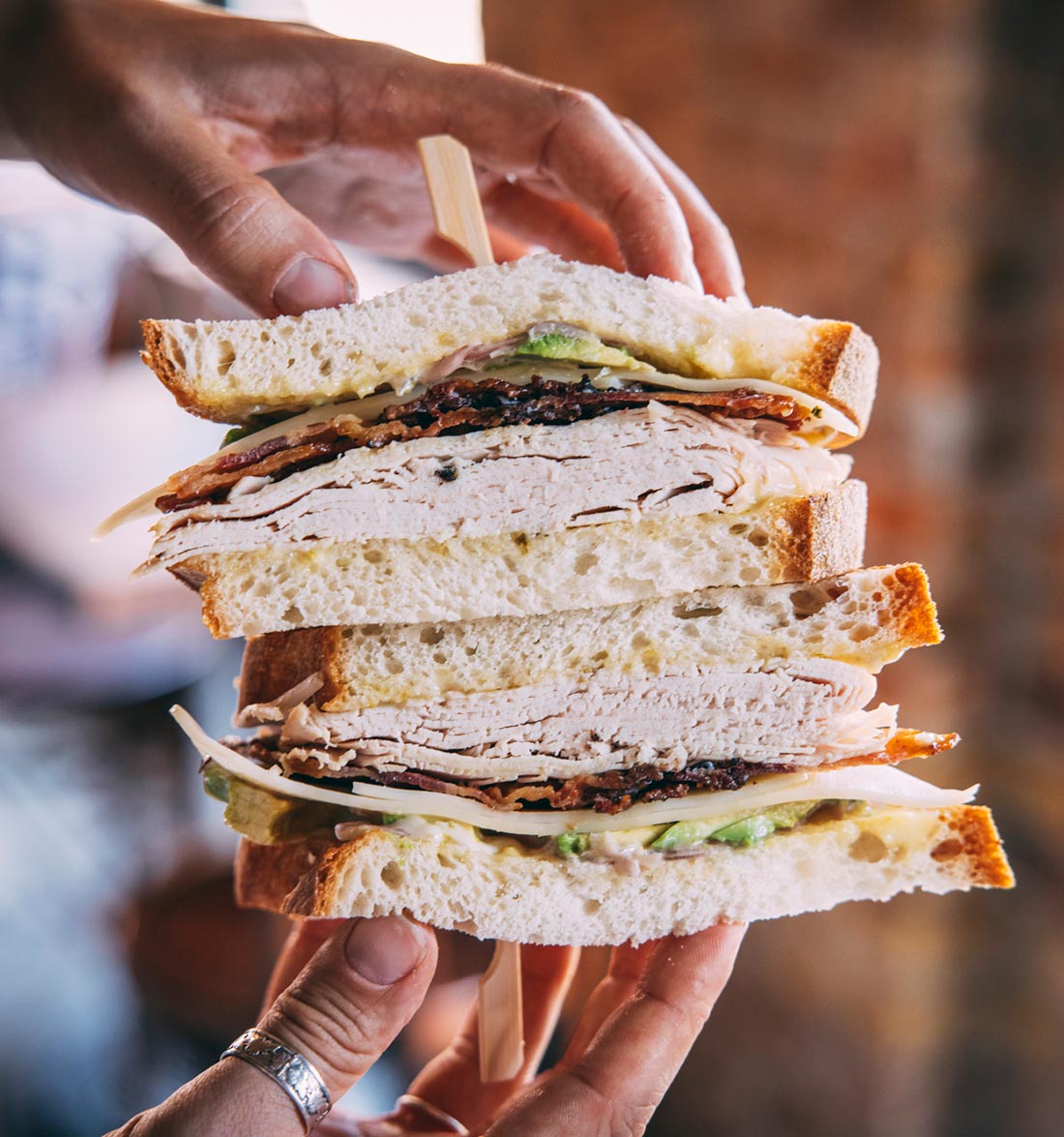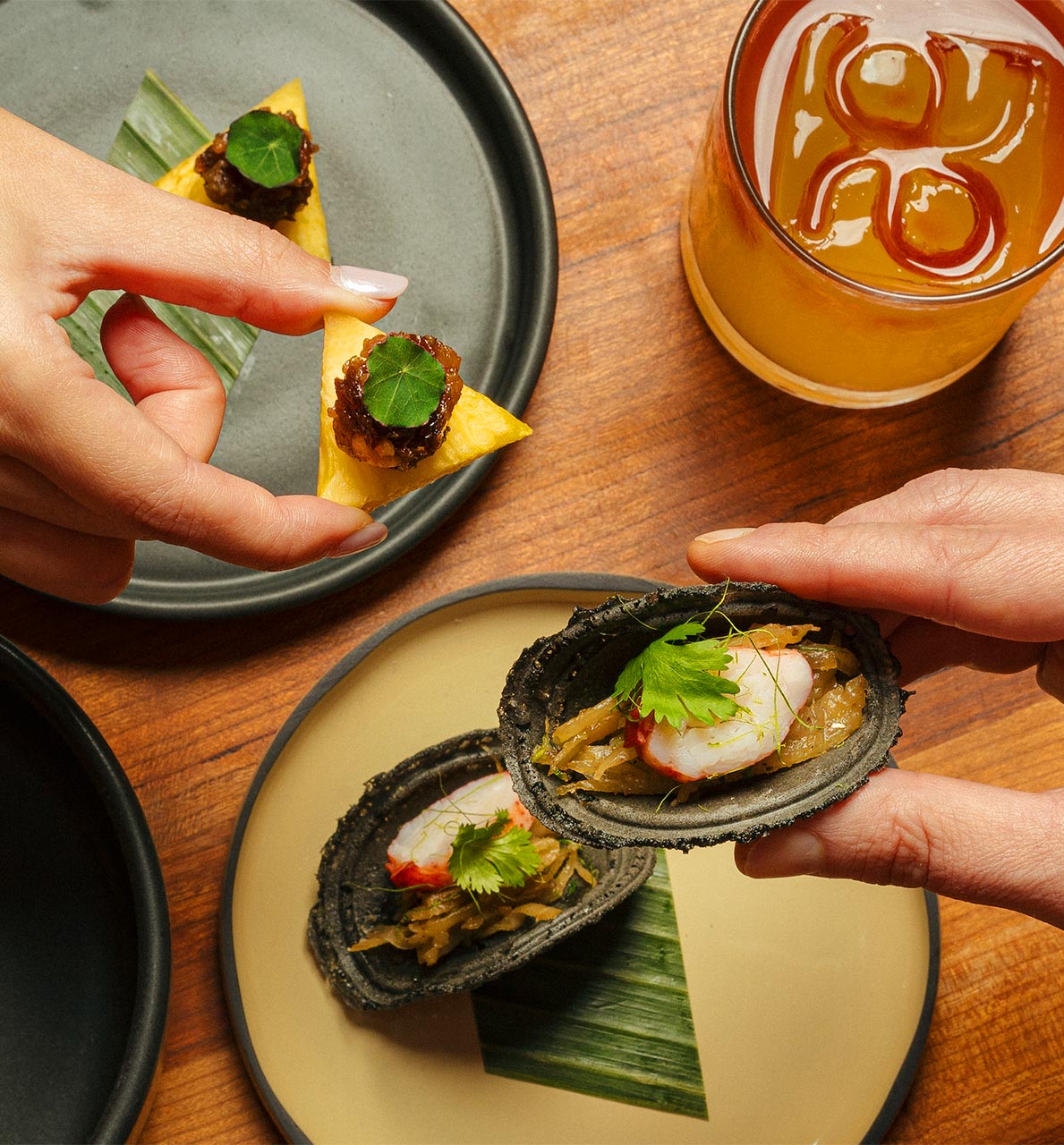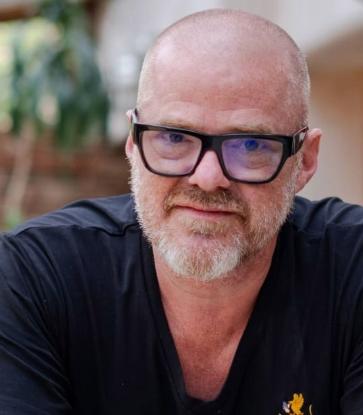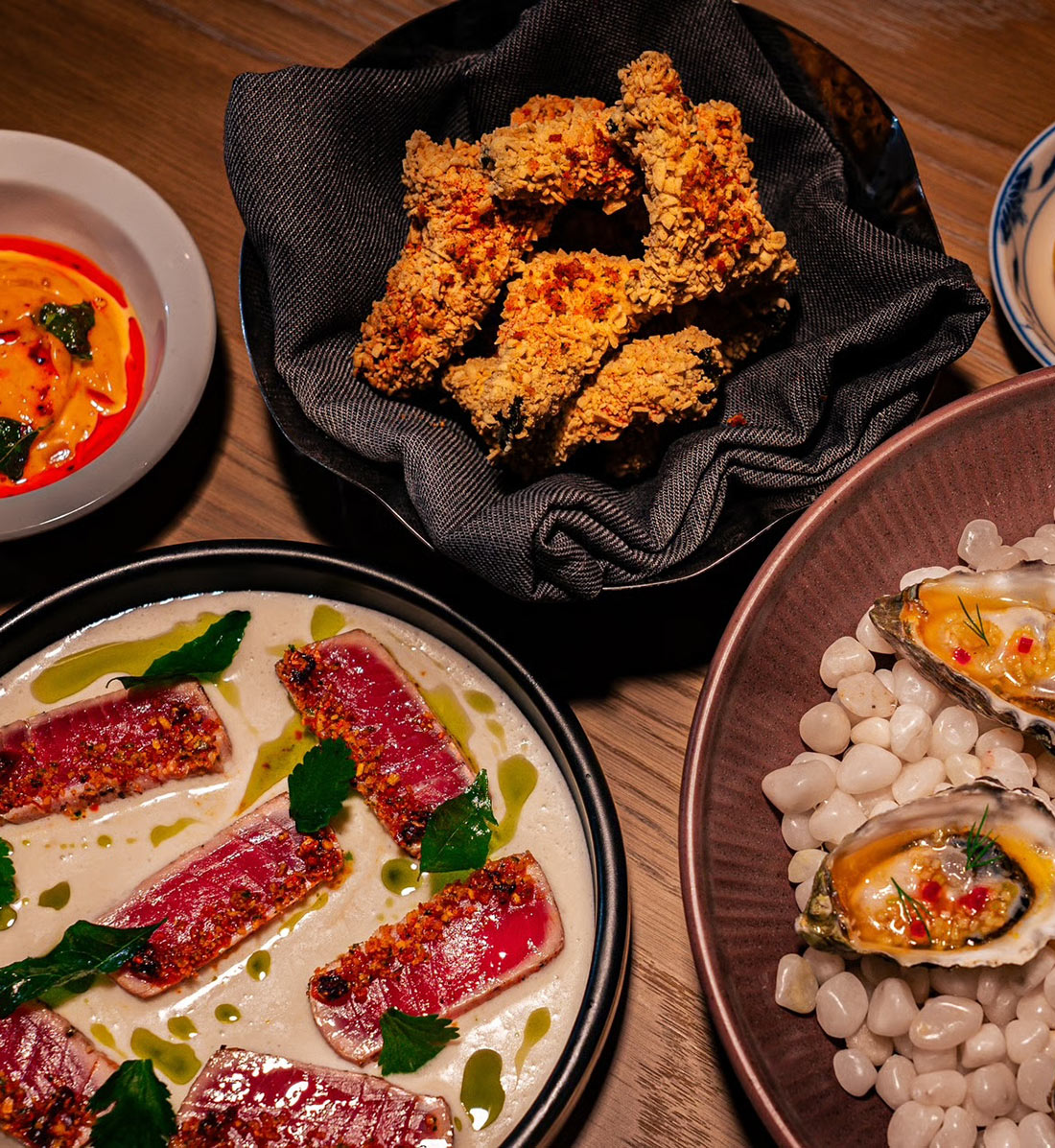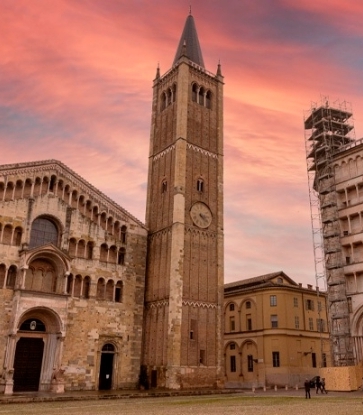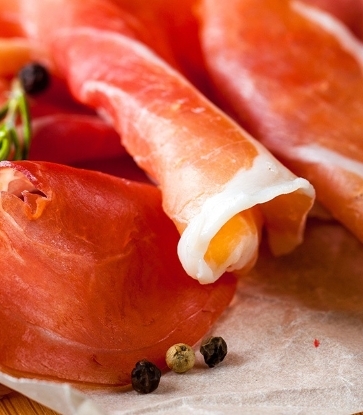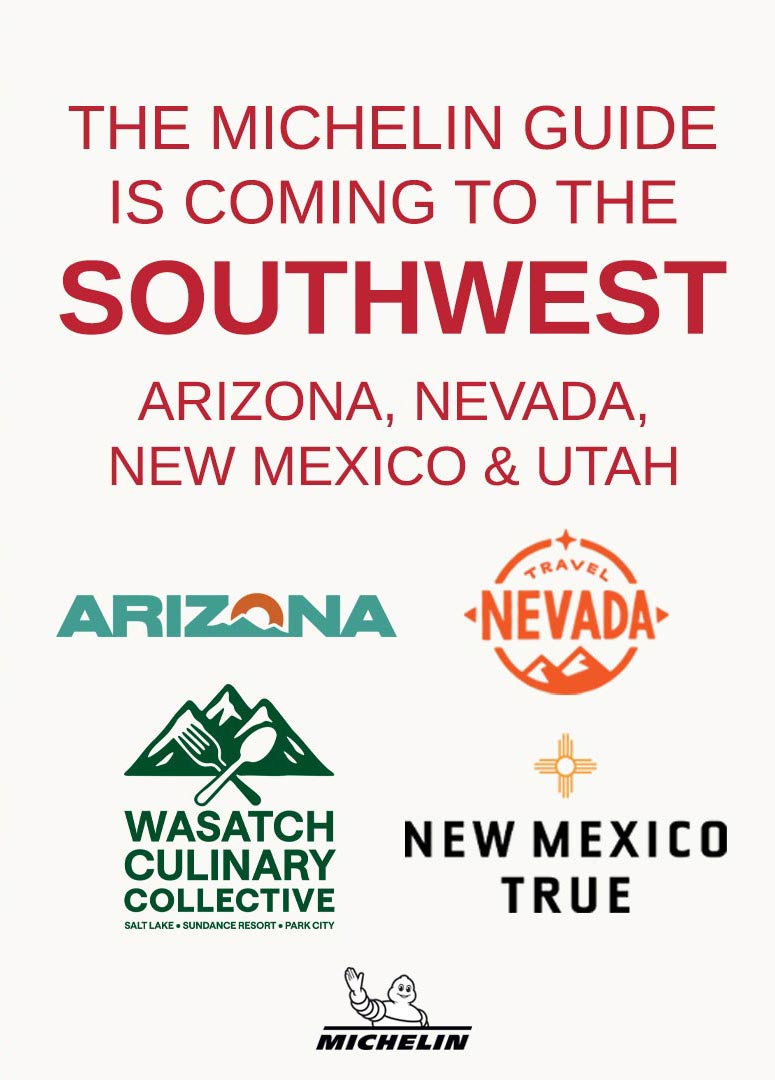The MICHELIN Green Star is awarded to restaurants who are at the forefront of the industry in sustainability. From a focus on corn and sustainable drinking to sustainable dining being a way of life in Baja California, these restaurants prove that being green can be just as tasty as their counterparts.
That’s why, every week, whether it's a community-focused Filipino restaurant focused on fermentation and regenerative farming or pushing sustainability forward with workshops and internships, we will be highlighting a Green Star restaurant across the United States to share their sustainability story and why it means so much to them.
For Green Star (and Bib Gourmand) Daisies, sustainability isn't just approached from an environmental standpoint—it is an integral pillar of the restaurant's identity. "Sustainability in the restaurant industry goes beyond what we're doing in the kitchen," explains Chef/owner Joe Frillman. "How are we making this a sustainable career path for the people working in it? I want to think of a better way to do things."
Through a 30-acre farm, a fermentation and compost program, and several sustainability efforts in 2024 (the team introduced the plastic wrap-free initiative and invited leading voices in sustainability to an open-to-the-public coffee chat), Frillman and the team at Daises is doing exactly that.
And if you want to check out our Inspectors' take, click here.

What is your philosophy on sustainability?
We think of sustainability not just from an environmental standpoint, but throughout every aspect of our business. We aim to align our values with the vendors we use, the employees we hire, and even the guests who choose to spend time with us in our restaurant. Do we promote a sustainable work environment from a wellness standpoint for our team? Are we helping foster the direct growth of our surrounding neighborhood and community in a way that helps sustain it, both through charitable contributions and meaningful involvement? Are our practices, both front of house and back of house sustainable, as a small business as we move forward with plans to grow? The list goes on. Sourcing products locally is just the beginning. We really make an effort to consider all pillars involved when it comes to operating a small, independent restaurant.What was the impetus/turning point for you in being more sustainable/green-minded?
My first professional kitchen job was with Chris Pandel and Rick Tramonto in the northern suburbs of Chicago. Chris emphasized the importance of supporting farmers and local purveyors, and that was my initial introduction. In 2006, I met Marty Travis from Spence Farm in Fairbury, Illinois. I made it a priority to have conversations with him every Wednesday on delivery days. We talked at length about the new ingredients growing or the various practices being used, which led to farm visits and initiatives that highlighted the importance of this movement to me as a chef. Alongside working for chefs like Paul Virant, who could be the most sustainably minded chef I’ve ever met, I don’t know any other way.
What does sustainability mean to Daisies?
As a small neighborhood business and independent restaurant that actively champions sustainability efforts, we partnered with my brother, who runs our family farm in Michigan. Our team has created a network of local farmers to supply a large percentage of the ingredients used on our menu. We make a dedicated effort to upcycle scraps, implementing composting and preservation programs with low-waste measures that impact both our kitchen and, hopefully, the agricultural system at large.
In addition to the produce and butchery items we actively seek out, we aim to be the go-to call when farmers' crops aren’t “perfect” enough for market sale or when butchers have a surplus of odds and ends, like spare hog heads. We repurpose those items—for example, making porchetta di testa from the pig heads, fermenting “ugly” turnips, and making pesto from weathered arugula.
On Earth Day 2024, we announced an initiative to push our team to go as "plastic wrap-free" as possible in the restaurant. In 2024, we also wanted to use our restaurant as a platform for a bigger conversation across the restaurant community. We assembled several of the industry’s leading voices in sustainability for a free, open-to-the-public coffee chat in partnership with Chicago’s Green City Market, the city’s first year-round nonprofit farmers' market that fights for citywide access to locally grown, sustainably produced food.
To us, we also view these efforts as a way to drive creativity. This not only leads to fun new flavors or techniques for the staff to learn from and expand upon, but it also allows our team to flex their own skills to directly impact the guest experience. Our goals to drive sustainability as a restaurant enhance their experience, giving them something they can truly be proud to be a part of. Our number one goal is to retain the members of our team to help sustain the business as a whole, which is a factor that drives us forward. We challenge ourselves as managers to think about how to continuously present the most meaningful experience for our staff, so they know they are directly part of the difference we’re aiming to make as a company—for our diners, our community, and beyond.

What do you view as the future of zero waste/sustainability in gastronomy?
Typically, these practices have initially kick-started in fine dining, in the kitchens of the best restaurants in the world. Over time, these initiatives have trickled down to more casual independent restaurants and even the corporate environment. You can see the direct impact and the mark that restaurants like Noma have had on our industry. I anticipate one day seeing all major corporations across various industries putting more dedicated effort into these initiatives, as consumers are becoming more deliberate and discerning about where they spend their hard-earned money. People are increasingly paying attention to where their food is coming from and how it’s being sourced. I think it’s not too far off in the future to see places like Chili's and Chipotle implementing composting and upcycling practices.
What’s one thing everyone can do to be more environmentally friendly in their daily lives?
Eat less meat. This has been my number one goal the past few years. I'm not saying eat no meat, just less meat. Not only is it better for our health, but it affects many industries from a wider perspective and the carbon footprint is massive. The climate impact of plant-based foods is typically ten to 50 times smaller than that of animal products.
What is the biggest challenge behind being a sustainable restaurant?
The costs. A lot of what we do here requires a tremendous amount of labor. It’s more work to cook from scratch and process the food for our menus—from both a food and beverage standpoint. But we use the scraps and waste to build our pantry in ways that many other restaurants do not. However, it comes full circle by ultimately lowering the cost of goods when we're using every resource we can from the product. As mentioned above, it also keeps the staff engaged by creating meaningful opportunities to learn new techniques or ways to reduce and reuse. This leads to a more engaged employee experience because they are inspired by these types of contributions, which in turn leads to consistency in both food and service. Guests come in and see the same friendly, familiar faces they saw the last time they dined with us. It goes on and on.
What is one thing people should be more respectful of in terms of food and the environment?
Dining out produces an unbelievable amount of waste. Choose the most thoughtful ways to use your dollars to support businesses that make an effort to focus on better practices. It's not cheap to eat in a Slow Food-style restaurant. Planning ahead and taking the extra time to learn how your money will directly create a better and more sustainable place for all of us will go much further than you may realize. The quickest and easiest way to make a difference, especially for larger corporations, is through the money you spend. Vote with your wallet.

Hero image: Neil Burger / Daisies
Thumb image: @frillmanfarms / Frillman Farms


